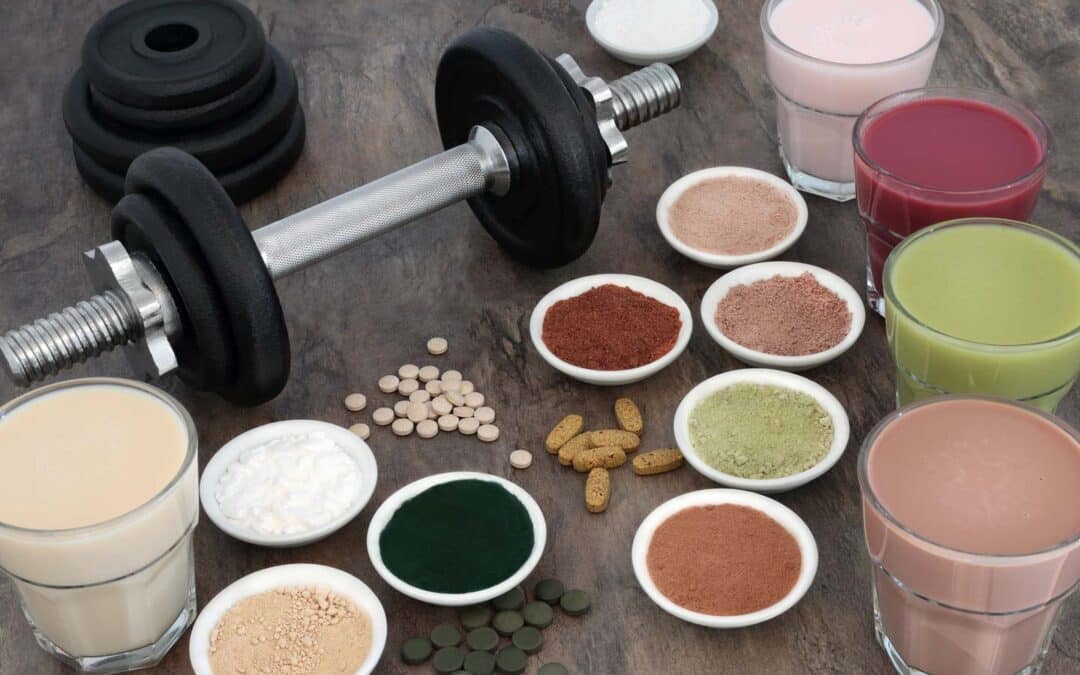Plant proteins have become increasingly popular in recent years, not only because of their health benefits, but also because of their environmental friendliness. In the sports sector, they have established themselves as an excellent supplement to animal proteins, as they often have a similar biological value and are also cheaper to produce.
A study from 2020 showed that the European market for plant proteins in sports products is expected to grow at a compound annual growth rate (CAGR) of 8.5% from 2019 to 2025. This will mainly be due to the increasing use of plant proteins in protein powders, protein bars and other sports nutrition products.
Some of the most commonly used plant proteins in sports products are soy, pea, rice and hemp. These proteins have a high biological value, which means that they are a good source of essential amino acids that the body cannot produce itself. They are also easy to digest and have a high nutrient density.
One of the biggest advantages of plant proteins compared to animal proteins is that they are mostly fat- and cholesterol-free. They are therefore particularly suitable for people who have to watch their fat intake, such as athletes.
Plant proteins are often used in protein powders and bars specifically designed for athletes. However, they can also be found in other sports foods such as energy bars, cereal bars and even sports drinks.
Another advantage of plant proteins is that they are generally cheaper to produce than animal proteins. They also have a smaller ecological footprint as they require less water and land and do not cause greenhouse gas emissions.
Overall, plant proteins offer many advantages in the sports sector, such as good biological value, freedom from fat and cholesterol, nutrient density and environmental friendliness. They are therefore an excellent supplement to animal proteins and a good choice for athletes who watch their diet.
Another advantage of plant proteins is that they are usually hypoallergenic and are therefore a good alternative for people with allergies or intolerances to certain animal proteins. They are also often gluten-free, which makes them suitable for people with coeliac disease or gluten intolerance.
Plant proteins are also a good choice for vegetarians and vegans as they are an important source of protein in their diet.
Some plant proteins, such as soy and hemp, also contain essential fatty acids, which are important for heart and brain health. They also contain fiber, which aids digestion and improves the feeling of satiety.
However, plant proteins are not equally suitable for everyone. There are certain athletes who may need more animal proteins to optimize their performance. It is therefore important that each person considers their individual nutritional needs and seeks advice from a nutritionist before including plant proteins in their diet.
Picture credits: iStock, marilyna

